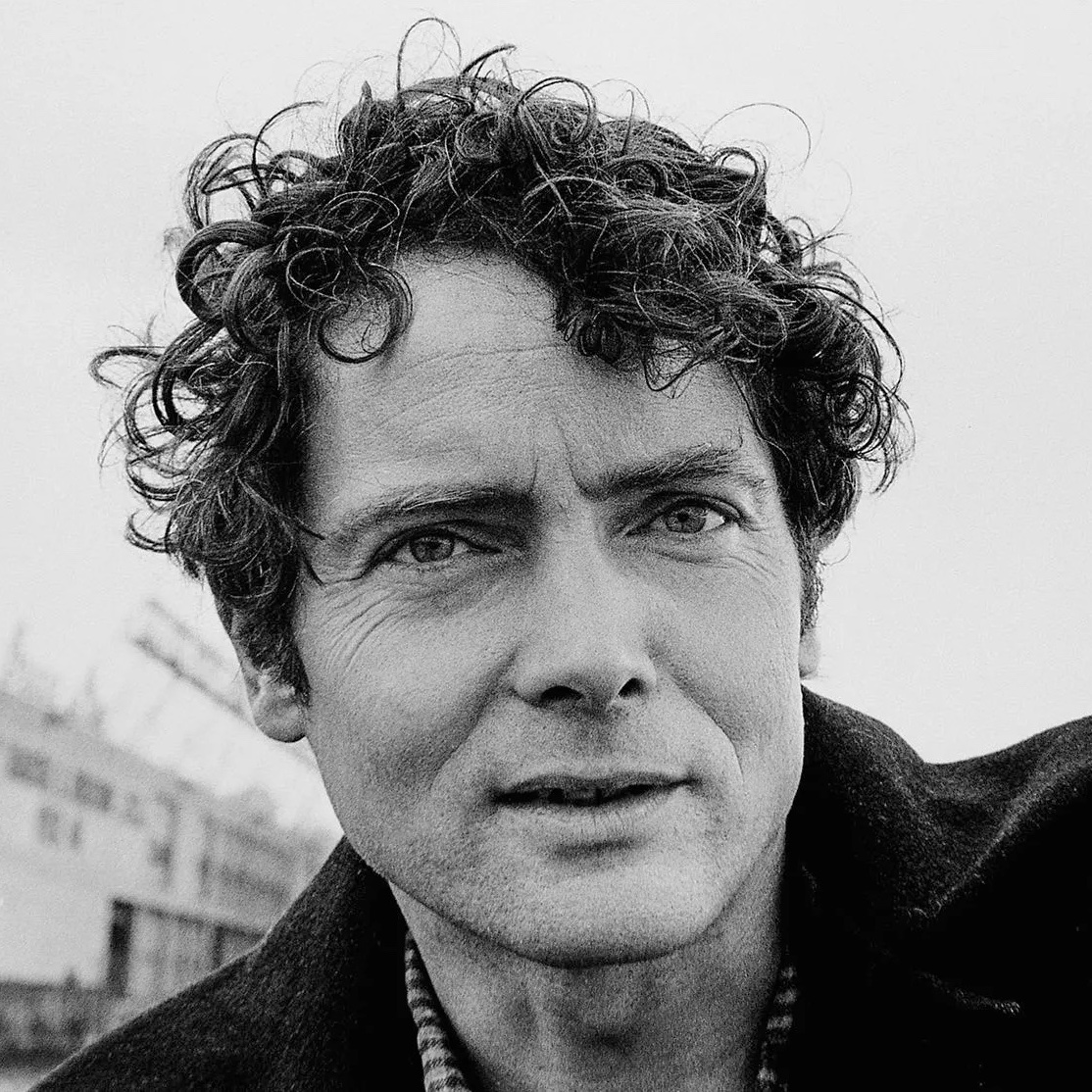The president of shame has his own flag
the president of lies quotes the voice
of God
at last counted
the president of loyalty recommends
blindness to the blind
oh oh
applause like the heels of the hanged
he walks on eyes
until they break
then he rides
there is no president of grief
it is a kingdom
ancient absolute with no colors
its rule is never seen
prayers look for him
also empty flags like skins
silence the messenger runs through the vast lands
with a black mouth
open
silence the climber falls from the cliffs
with a black mouth like
a call
there is only one subject
but he is repeated
tirelessly
Published:
1970
Length:
Regular
Literary Movements:
Contemporary
Anthology Years:
2023
Themes:
Persona Poems
Politics
Literary Devices:
Imagery
visually descriptive or figurative language, especially in a literary work
Simile
a comparison between two unlike things using the words “like” or “as”

